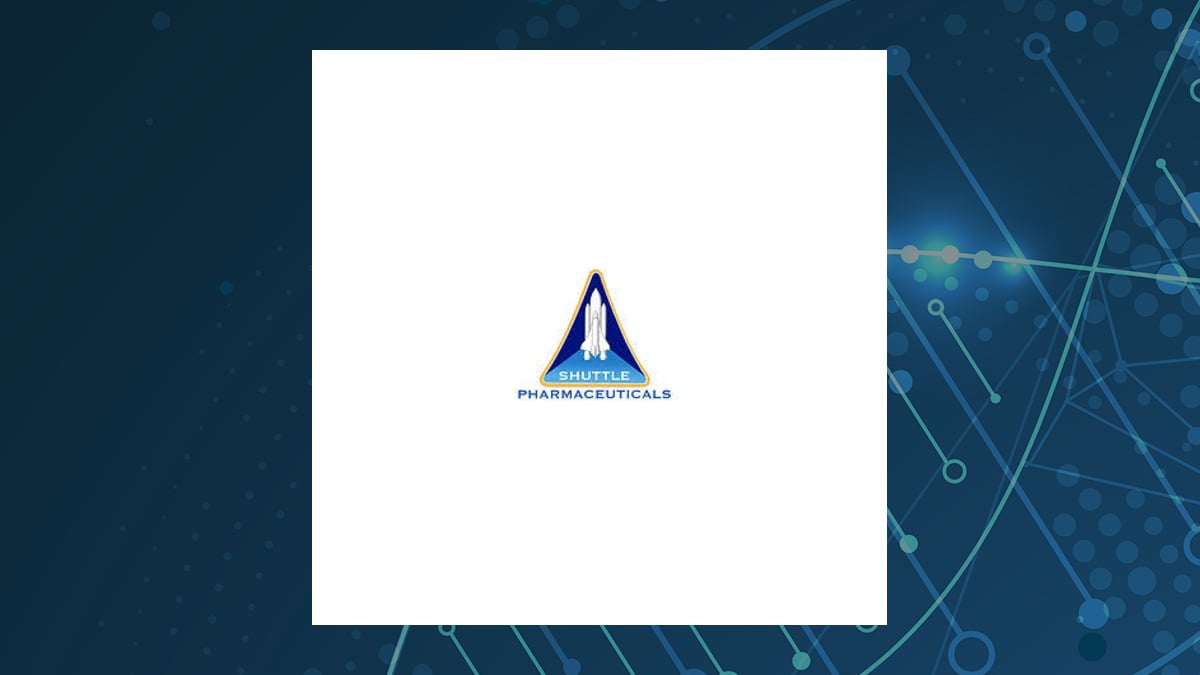
On October 29, 2024, Shuttle Pharmaceuticals Holdings, Inc. (NASDAQ: SHPH) announced that the first three patients in its Phase 2 clinical trial of Ropidoxuridine for glioblastoma treatment have been successfully dosed. Ropidoxuridine (IPdR) serves as the company’s primary radiation sensitizer for use in conjunction with radiation therapy to tackle glioblastoma, an incurable brain malignancy. The company’s receipt of Orphan Drug Designation from the U.S. Food and Drug Administration further enhances their potential for marketing exclusivity upon initial FDA approval for this disease.
The Phase 2 trial aims to focus on the most aggressive brain tumors, specifically IDH wild-type, methylation negative glioblastoma patients. This subgroup currently solely relies on radiation as the standard of care, with a significant percentage of patients surviving less than a year post-diagnosis. The trial plans to involve 40 patients initially randomized into two varying doses to determine the optimal dosage. Later, an additional 14 patients will be added on the optimal dose, enhancing statistical significance towards the endpoint of survival when compared to historical controls. The company anticipates the trial to conclude, spanning 18 to 24 months.
Approximately 800,000 patients in the U.S. undergo radiation therapy annually for cancer treatment purposes, with a notable portion opting for curative care. Shuttle Pharmaceuticals anticipates a promising market opportunity with radiation sensitizers in treating the 400,000 patients seeking curative treatment, estimating a sector growth of over 22% within the following five years.
Further details about the Phase 2 study (NCT06359379) can be accessed on www.clinicaltrials.gov.
About Shuttle Pharmaceuticals
Established in 2012 by faculty members of the Georgetown University Medical Center, Shuttle Pharmaceuticals is a specialized pharmaceutical company dedicated to enhancing outcomes for cancer patients receiving radiation therapy. The company’s focus centers on refining cancer treatment effectiveness with radiation while minimizing side effects. By developing radiation sensitizers, Shuttle Pharmaceuticals aims to elevate cancer cure rates, extend patient survival, and enhance quality of life when integrated with primary treatment or in conjunction with other treatments like surgery, chemotherapy, and immunotherapy.
Safe Harbor Statement
This press release may contain forward-looking statements regarding future expectations, plans, and prospects that involve risks and uncertainties. Shuttle Pharmaceuticals disclaims any obligation to update these statements unless federal securities laws mandate otherwise.
For further information, contact:
Shuttle Pharmaceuticals
Anatoly Dritschilo, M.D., CEO
240-403-4212
[email protected]
Investor Contacts
Lytham Partners, LLC
Robert Blum
602-889-9700
[email protected]
This article was generated by an automated content engine and was reviewed by a human editor prior to publication. For additional information, read Shuttle Pharmaceuticals’s 8K filing here.
Shuttle Pharmaceuticals Company Profile
Shuttle Pharmaceuticals Holdings, Inc, a clinical stage pharmaceutical company, develops novel therapies to cure cancers. It develops Ropidoxuridine, an oral halogenated pyrimidine to treat patients with brain tumors and sarcomas SP-1-161, an HDAC inhibitor that initiates the mutated in ataxia-telangiectasia response pathway for radiation sensitizing cancer cells and protecting normal cells; SP-2-225, a pre-clinical class IIb that effects on the regulation of the immune system; and SP-1-303, a pre-clinical selective Class I HDAC for the treatment of ER positive cancers .
Recommended Stories
- Five stocks we like better than Shuttle Pharmaceuticals
- P/E Ratio Calculation: How to Assess Stocks
- QuantumScape: Solid State EV Batteries Nearing Commercialization
- Where to Find Earnings Call Transcripts
- MicroStrategy: Is This Bitcoin-Powered Stock a Buy or a Gamble?
- How Technical Indicators Can Help You Find Oversold Stocks
- 3 Stocks Reporting Kitchen Sink Quarters to Usher in a Turnaround
